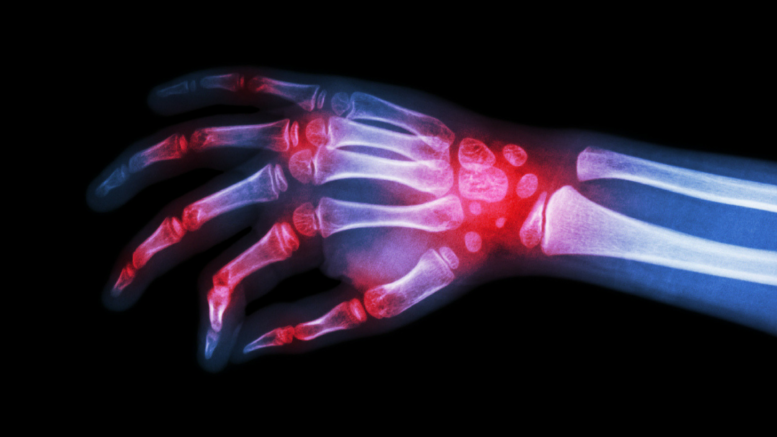The Lowance Center for Human Immunology, led by Emory Division of Rheumatology Director Ignacio Sanz, MD, cuts across traditional academic divisions in medicine and translates new knowledge in basic immunology to human immune-mediated diseases.
Lowance Center Goals
The overall goal of the Lowance Center for Human Immunology is to understand the immunological and molecular mechanisms responsible for human autoimmune, inflammatory and allergic diseases. The Lowance Center studies both the innate and adaptive arms of the immune response and the mutual regulation of the two components.
In the larger picture, the knowledge of immune function derived from the studies pursued at the Lowance Center also provides important insight into multiple other human conditions, including transplantation, cancer, and the immune response to infections and vaccination. This goal is pursued through the integrated effort of basic, clinical and translational scientists applying state-of-the-art technology and computational biology as well as advanced epidemiology and outcomes research tools.
In addition to providing fundamental insight into disease pathogenesis and treatment, we aim to identify specific immunological defects that can be used to develop biomarkers of disease heterogeneity in order to better segment diseases into discreet subsets. In turn, disease segmentation is used to select treatments targeted to the defective molecular pathways specifically responsible for different disease subsets. This approach should result in more effective and safer treatments for the individual patient (Precision Medicine). The knowledge derived from our studies will also provide better biomarkers of disease progression and response to treatment. Ultimately, we seek to use this knowledge to reverse well-established disease and to prevent disease development in high-risk subjects.
Partner Organizations
-
Autoimmune Centers of Excellence
The National Institute of Allergy and Infectious Diseases (NIAID) has created the Autoimmunity Centers of Excellence (ACEs) to encourage and enable collaborative research – across scientific disciplines, across medical specialties, and between basic and clinical scientists – in the search for effective treatments for autoimmune diseases.
-
The Georgia Research Alliance (GRA) grows Georgia's economy by expanding university research capacity and by seeding and shaping startup companies around inventions and discoveries.
Lowance Center Leadership and Administration
Leadership
Ignacio Sanz, MD
Director, Lowance Center for Human Immunology
Staff
Dasha Franklin
Administrative Assistant
Louise Hartson, BA
Staff Manager, Senior Research Specialist, Sanz Lab
Division of Allergy and Immunology, Emory University
Whitehead Biomedical Research Building, Rm. 255
615 Michael St.
Atlanta, GA 30322
(404) 712-2959


